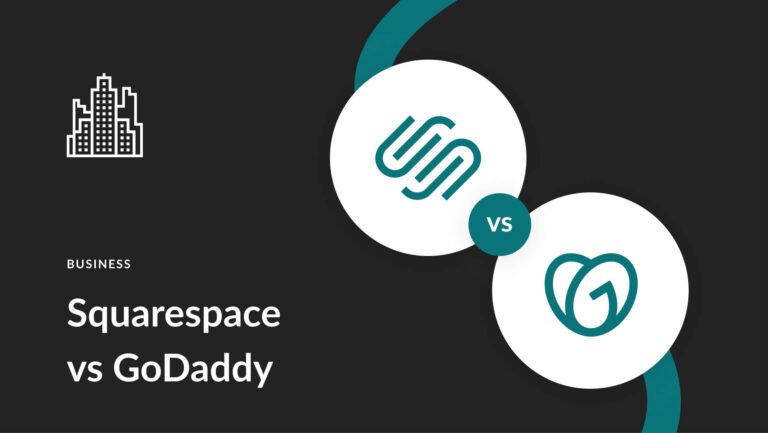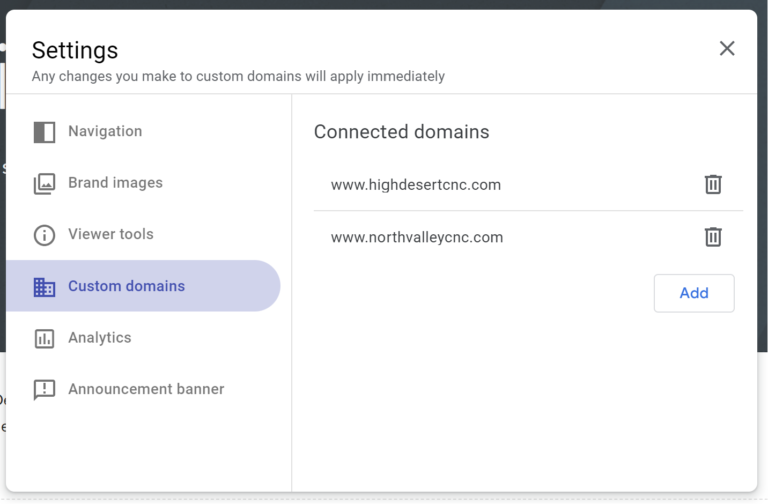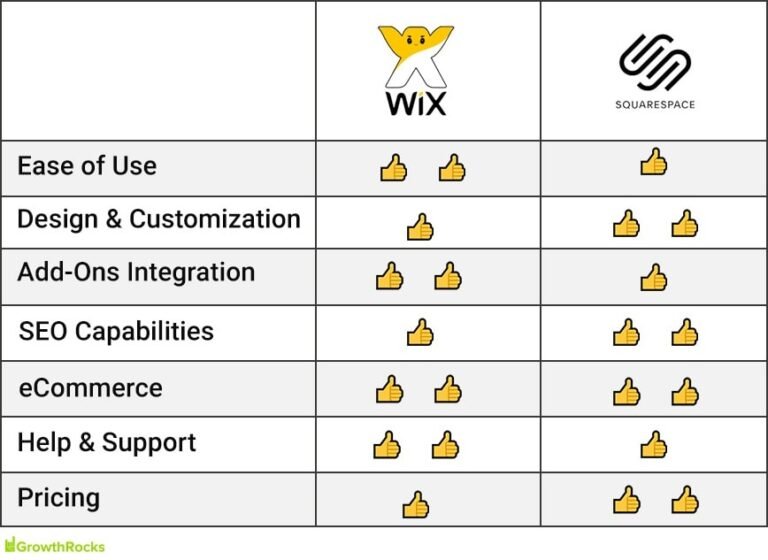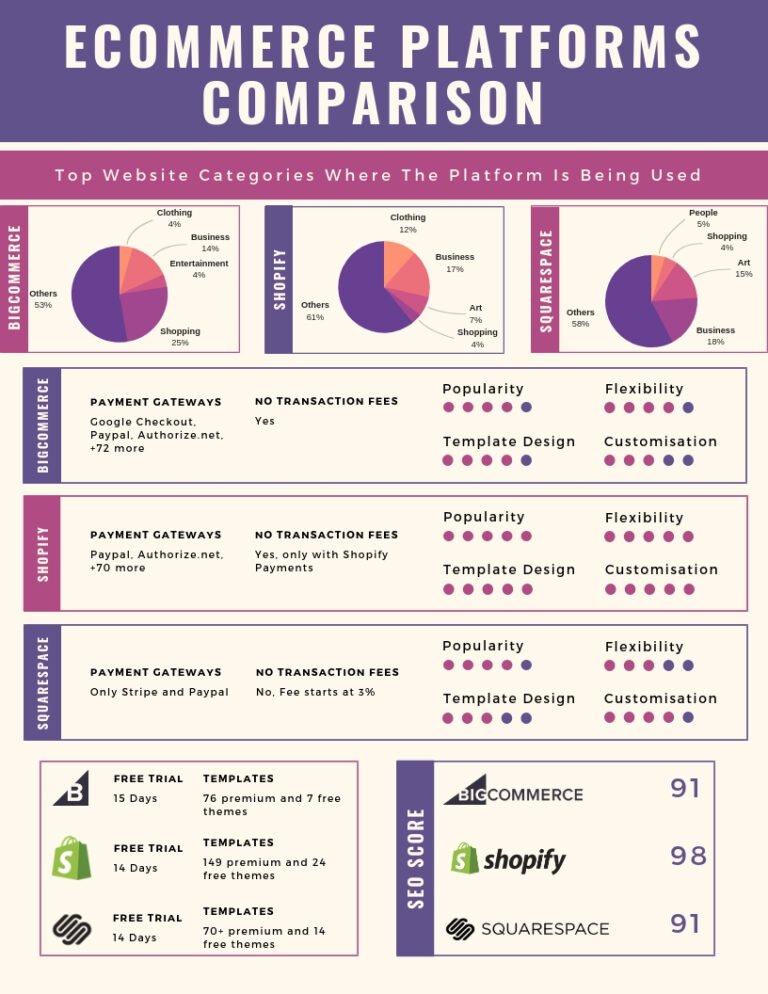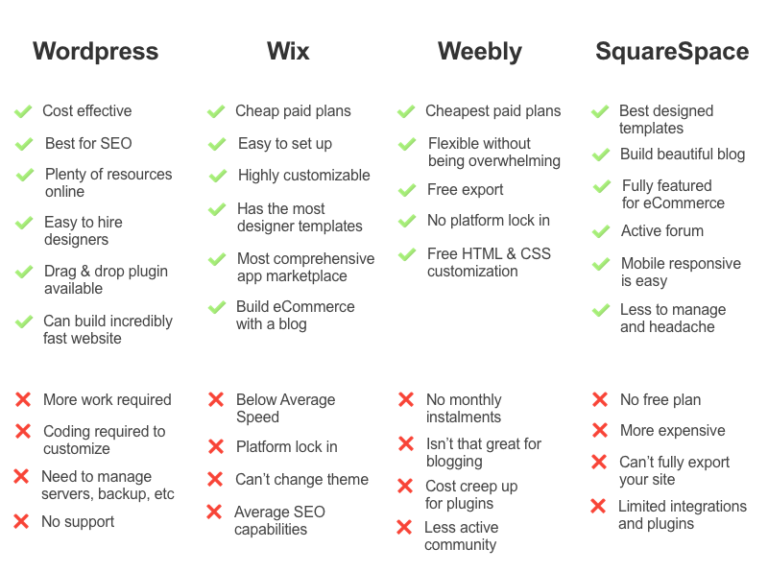Why is Squarespace So Hard to Use
Squarespace can be hard to use for many people. Its complex design and features often confuse users.
Understanding why it is difficult can help you navigate the platform better. Squarespace is a popular website builder known for its sleek templates. But many users struggle with its interface. Unlike other website builders, Squarespace has a steeper learning curve.
Its design options are powerful but can be overwhelming. This makes it tough for beginners to get started. From figuring out the drag-and-drop system to mastering the customization tools, users often face hurdles. Despite its challenges, many still prefer Squarespace for its professional results. So, why is it so hard to use? Let’s explore the key reasons and how to tackle them.
Learning Curve
The learning curve for Squarespace can be quite steep for many users. While it promises a seamless website-building experience, many find it challenging to navigate. Let’s explore some of the reasons behind this difficulty.
Initial Setup Challenges
The initial setup of Squarespace can feel overwhelming. Beginners might struggle with the numerous templates and design options. Each template comes with a different set of features, which can be confusing. Users often spend hours trying to choose the right template. This can be frustrating.
Once a template is selected, configuring it to suit personal needs adds another layer of complexity. There are many customization options. Each option requires an understanding of web design basics. Users must deal with settings like fonts, colors, and layouts. This often involves trial and error.
Complex Interface
Squarespace’s interface is not always intuitive. Many users find the complex interface hard to navigate. The dashboard is packed with features and settings. For someone new to website building, it can be daunting.
The drag-and-drop functionality, while powerful, can also be a double-edged sword. Users may accidentally move elements or delete sections. Undoing these changes is not always straightforward. This can lead to frustration and wasted time.
Additionally, the terminology used in the interface can be difficult to understand. Terms like “blocks,” “sections,” and “index pages” are not immediately clear to everyone. This can create confusion and slow down the learning process.
Here is a summary of the main challenges:
| Aspect | Challenge |
|---|---|
| Initial Setup | Choosing and configuring templates |
| Complex Interface | Understanding and navigating the dashboard |
| Customization | Using design options effectively |
Despite its challenges, understanding these aspects can help users navigate Squarespace more efficiently. With time and patience, users can learn to use the platform effectively.

Credit: www.paigebrunton.com
User Experience
Squarespace often presents challenges for users. Many find it hard to use. The platform’s interface can be confusing. This is true even for those with web design experience. Users often report frustration with navigation and customization.
Navigation Difficulties
Squarespace’s navigation can be tricky. The menu system is not intuitive. Users struggle to find the right settings. The layout lacks clear structure. This leads to wasted time and effort. Navigation should be straightforward and simple.
Customization Limitations
Customization options on Squarespace are limited. Users want to make their sites unique. But the platform restricts changes. Templates are rigid and inflexible. This limits creative freedom. Users feel stuck with generic designs.
Design Flexibility
Many users find Squarespace hard to use due to its design limitations. Design flexibility is crucial for creating a unique website. But Squarespace often restricts this freedom. Let’s explore why.
Template Restrictions
Squarespace offers a range of templates. But these templates come with restrictions. Once you choose a template, your ability to customize is limited. You cannot easily switch templates without losing content. This forces users to stick with the initial design.
Additionally, the templates have a fixed structure. You can only make minor tweaks. This limits creativity and makes it hard to achieve a unique look. Users often find themselves confined within these boundaries.
Lack Of Advanced Features
Squarespace lacks many advanced features. For instance, it does not support complex animations or interactive elements. These features are essential for modern websites. Without them, your site might look outdated.
Another significant issue is the limited CSS and HTML access. While basic changes are possible, advanced customizations are restricted. This makes it hard to implement unique designs or special functionalities.
Here’s a quick overview of the limitations faced by users:
| Feature | Limitation |
|---|---|
| Template Switching | Content loss during switch |
| Custom Design | Limited to minor tweaks |
| Advanced Elements | Lacks support for animations and interactions |
| Code Access | Restricted CSS and HTML customization |
In summary, the design flexibility in Squarespace is limited. Users often feel constrained by template restrictions and a lack of advanced features. This makes it challenging to create a truly unique and modern website.
Technical Issues
Squarespace offers a wide range of tools for building websites. Yet, many users find it difficult to use due to technical issues. These issues make the experience frustrating and time-consuming.
Loading Speeds
One major problem is slow loading speeds. Websites built on Squarespace often take longer to load. This can drive visitors away. Speed is crucial for user experience and SEO.
Slow loading speeds can result from heavy templates and large images. Users may not know how to optimize these elements. They end up with slow websites.
Here is a table comparing average loading speeds:
| Platform | Average Loading Speed |
|---|---|
| Squarespace | 3.5 seconds |
| WordPress | 2.1 seconds |
| Wix | 2.8 seconds |
Frequent Bugs
Another issue is frequent bugs. Users often face problems like broken links and glitches. These bugs make the website hard to navigate.
Frequent updates can also cause new bugs. Users must deal with these issues often. This can be frustrating, especially for beginners.
Common bugs include:
- Images not loading properly
- Broken links
- Content not saving
These bugs can ruin the user experience. They make the platform hard to use.
Support And Resources
Squarespace is known for its beautiful templates and sleek design. But many users find it difficult to navigate. One of the main issues is the support and resources available. Let’s dive into why this is a challenge.
Limited Customer Support
Squarespace offers customer support through email and live chat. Yet, users often face long wait times. This can be frustrating for those needing quick answers. The live chat is not available 24/7. This limits access to help during off-hours.
Phone support is not an option with Squarespace. Many users prefer speaking to a person. This lack of phone support can make problem-solving slow. Users may feel stuck without quick solutions.
Insufficient Tutorials
Squarespace provides some tutorials and guides. But many users find them lacking detail. These resources often cover only basic topics. Complex issues may not be addressed. This makes it hard for users to find the help they need.
The tutorials also assume a certain level of knowledge. Beginners may struggle to follow along. Clear, step-by-step guides are essential for learning. Without them, users can feel overwhelmed.

Credit: www.applet.studio
Integration Problems
Squarespace is often seen as difficult due to its complex integration issues. Users struggle with connecting third-party services smoothly. This can lead to frustration and time-consuming troubleshooting.
Squarespace is known for its sleek templates and user-friendly interface. Yet, integration issues often plague users. Many find it challenging to connect third-party services. This can hinder the website’s functionality and growth.Third-party Compatibility
Squarespace struggles with third-party compatibility. Users may face problems linking external tools. Email marketing services, for example, can be difficult to integrate. Many popular apps do not sync well with Squarespace. This limits options for expanding website features.Plugin Limitations
Squarespace has strict plugin limitations. Unlike other platforms, it offers fewer plugins. Users cannot easily add new features to their sites. This restricts customization and functionality. Limited plugins mean fewer choices for enhancing your website. Many users feel stuck with what Squarespace offers out of the box. “`E-commerce Functionality
Setting up an e-commerce store with Squarespace can be daunting. Users often face multiple challenges, especially with e-commerce functionalities. This section will cover some significant issues, focusing on payment gateway issues and inventory management.
Payment Gateway Issues
Squarespace’s payment gateways can be restrictive. It supports only a few options like PayPal and Stripe. This can limit your customer base, particularly in regions where these services aren’t popular.
Consider the following table for more clarity:
| Payment Gateway | Availability |
|---|---|
| PayPal | Worldwide |
| Stripe | Limited countries |
This limitation means fewer choices for you and your customers. This can lead to abandoned carts and lost sales.
Inventory Management
Managing inventory on Squarespace can be cumbersome. The platform lacks advanced inventory management features found in other e-commerce solutions.
Let’s look at some common challenges:
- No bulk upload for product variants
- Limited integration with third-party inventory systems
- Basic stock level notifications
These issues make it hard to manage a large product catalog. You might find yourself spending more time on inventory tasks than on growing your business.

Credit: www.instagram.com
Cost Vs. Value
When considering Squarespace, many users weigh the cost vs. value. Is it worth your money? This section will help you understand the pricing plans and the features you get.
Pricing Plans
Squarespace offers four main pricing plans:
- Personal: $16/month
- Business: $23/month
- Basic Commerce: $27/month
- Advanced Commerce: $49/month
Each plan includes a free custom domain for the first year. You also get SSL security and 24/7 customer support.
The Personal plan is good for simple websites. It lacks some key features. The Business plan includes more tools. It adds marketing and customization options. The Commerce plans are for online stores. They offer more features for selling products.
Feature Worth
Is the cost worth the features? Let’s break it down:
- Templates: Squarespace offers many templates. They are well-designed and mobile-friendly.
- SEO Tools: Basic SEO tools are included. These help your site rank better on search engines.
- Integrations: You can integrate social media, email marketing, and analytics tools.
- Customer Support: 24/7 support is available. This includes live chat and email.
These features are great. But they may not justify the cost for some users. Alternatives like WordPress or Wix offer similar features at lower prices.
Consider what you need. Compare the features with the cost. This helps you decide if Squarespace offers good value for your money.
Frequently Asked Questions
Why Is Squarespace Not User-friendly?
Squarespace can be challenging due to its complex interface. It has many features that require a learning curve. The platform’s design flexibility can overwhelm beginners. Limited customization options also add to the difficulty.
Is Squarespace Difficult For Beginners?
Yes, beginners may find Squarespace difficult. The platform’s advanced features and design options require time to understand. Lack of intuitive guidance can also be a hurdle for new users.
Why Do Users Struggle With Squarespace Templates?
Squarespace templates are highly customizable but not intuitive. Users often struggle with template-specific limitations. Learning how to modify templates effectively can be time-consuming.
Does Squarespace Have A Steep Learning Curve?
Yes, Squarespace has a steep learning curve. The platform’s extensive features demand time and effort to master. Users often need to watch tutorials or seek help.
Conclusion
Squarespace can be challenging for many users. Its interface isn’t always intuitive. Learning curves are steep. Customization options can be confusing. Some users struggle with its design features. Technical support may not always be helpful. Despite these issues, many still choose Squarespace for its powerful tools.
It offers beautiful templates and strong performance. Understanding its quirks can make the experience smoother. Patience and practice are key. Eventually, users can create stunning websites. Keep experimenting and learning. You may find it gets easier over time.
